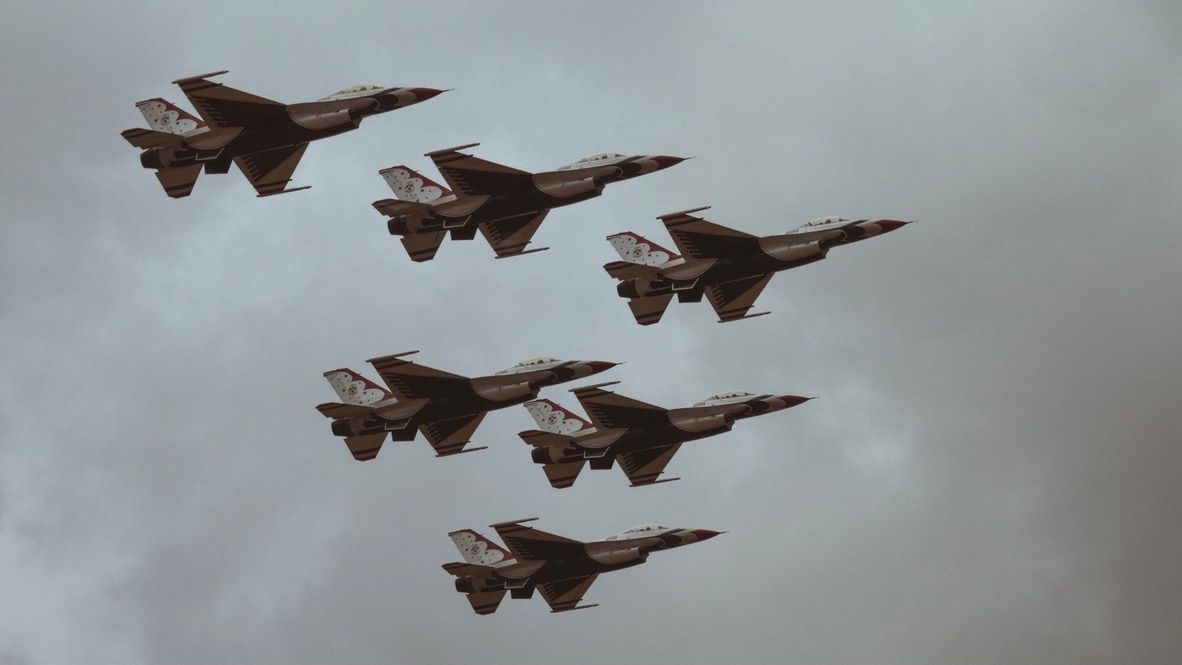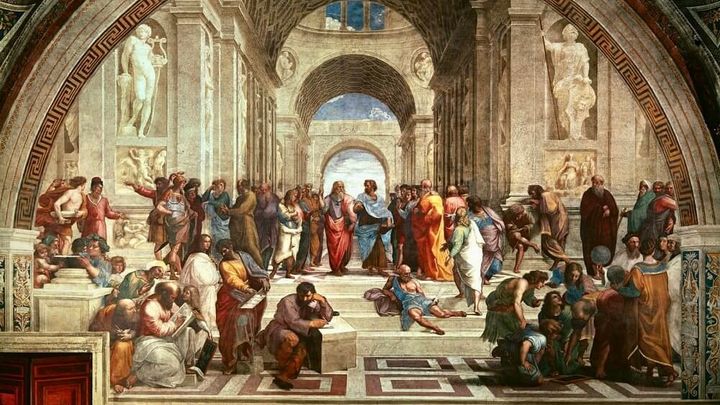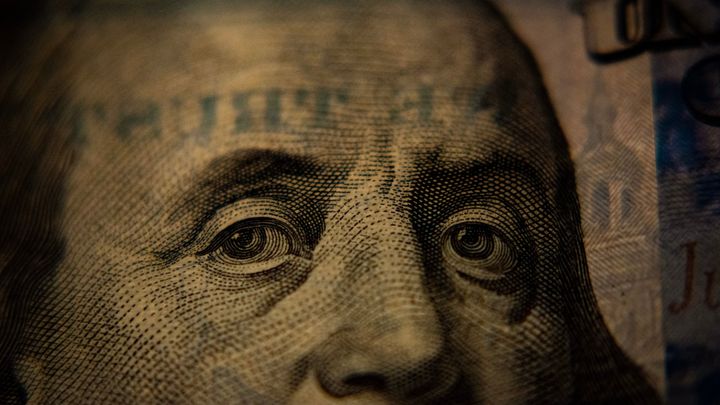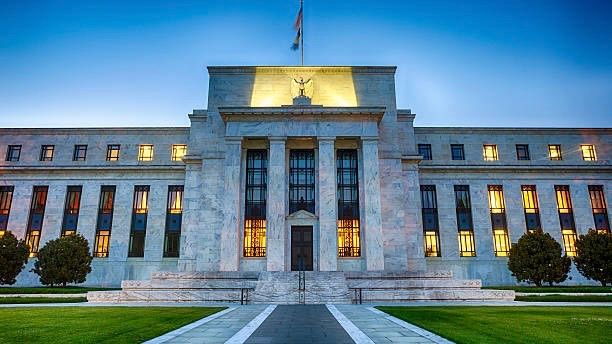The Global Economy After World War II
Bretton Woods, the IMF, World Bank, WTO, and international loans.

What is Bretton Woods?
WWII caused massive destruction and economic depression. WWII was arguably caused by financial problems (Hitler rose to power because of the economic burden put on Germany after WWI).
WWII was the shock that made the world powers realize that the economic system needed maintenance. They sought to prevent future wars by fixing the international economic system. Spoiler alert: they failed.
Bretton Woods was an international conference that took place in New England during WWII. It lasted for 22 days. At the conference, the US had to negotiate leverage because they had the strongest economy and military at the end of WWII.
The 44 allied countries, the USSR, and 27 third world countries met to try to fix the global economy. Germany, Italy, and France did not attend.
They created the Keystone International Economic Organizations, 3 international financial institutions made to govern trade agreements between countries:
- The International Monetary Fund (IMF)
- The World Bank (originally the IBRD)
- The World Trade Organization (WTO; originally the GATT)
These new institutions gave countries the power to control their economies. They created rules and expectations for economic agreements between countries.
Why Bretton Woods?
At the end of WWII, many international economies were weak.
- why did they meet to create these institutions?
- Why was it important then, during WWII, to meet for 22 days?
- Because politics and economics cannot be separated
- Mercantilism, nationalism, contagion alliances, and protectionist economies led to the great depression and two world wars
- Broad economic integration was a response to that situation: leaders recognized integration as a necessary stabilization force for the global economy - and peace - going forward
- When you have economies that are connected, whatever you do to another country in war will have an economic impact on the first country.
- In WWII, the US bombed many German cities but they did not bomb the factories that had ties to the US economy
- Integrated economies are much more likely to have peace
- At Bretton woods, they were trying to create a world where war and depression couldn’t happen again
- They created 3 institutions
- IMF: works with countries that are having problems with money and debt. IMF gives advice on how to change internal policies and structures in order to fix their problems
- World Bank: Poverty is a big mitigating force in conflict and violence. If you can help countries grow and create jobs, there is a better chance of peace. So, the world bank is a lending institution. It lends money to poor countries for economic development
- WTO: Promotes global trade and free trade. Also functions as a courtroom for unresolved trade disputes between States
The Keystone International Economic Organizations (KIEOs)
The International Monetary Fund (IMF)
- The IMF was created to stabilize exchange rates by pegging rates to gold and the US dollar (The gold standard ended in 1971)
- Prior to that time countries would devalue their currency to make their exports cheaper and imports more expensive to deal with the balance of payments problems. The IMF could issue short term loans to help countries deal with these problems without affecting trade
- This is more important than creating the gold standard
The World Bank
- The world bank was created to provide long term loans for postwar reconstruction in Europe and the development of the “third world” ( the global south)
- Servicing foreign debt was one of the problems that led to WWII
- Europe intimately relied on the Marshall Plan so the World Bank focused on developing countries instead
The World Trade Organization
- The GATT was created three years after Bretton Woods. It was created to lower tariffs between countries, develop rules for trade, and settle trade disputes. It is now called the World Trade Organization.
Why did Bretton Woods Fail?
In short, the KIEOs give out loans to poor countries that cannot be paid back and don't lead to economic improvements, putting poor counties further into debt.
The US made the rules at Bretton Woods, so every other country has to follow western ideals:
- Fiscal discipline, reducing budget deficits
- Reduced public expenditure, especially military and administration
- Tax reform to create a broad base and increased enforcement
- Financial liberalization
- Promotion of foreign direct investment (FDI)
- Privatization of state enterprises
- Deregulation of the economy
- Protection for private property rights
The policies are called "The Washington Consensus" and any developing country that wants a loan must agree to them. Developing countries need loans, so they have to agree to the US' terms. But the policies make it impossible for developing countries to use the loan effectively.
Political scientist Thomas Friedman argues that only the private markets can remedy the situation: "In the end, if you want higher standards of living in a world without walls, the free market is the only ideological alternative left. One road. Different speeds. But one road.”
KIEO loans
Many of the loans given to poor countries are taken by the authoritarian leaders of those countries. In many cases, that money is used to enrich local businesses and the Western multinational corporations that do business there. In almost all cases, the citizens of the poor countries receiving loans do not receive any of the money themselves.
The loans usually end up making life worse for the citizens of poor countries. The loans mandate lower public spending: fewer social programs and less education. And, when businesses receive the money, they often create more environmental pollution and increased inequality between the business class and the working class.
Why should we care?
We're in America, why should we care that these things are happening abroad? We're doing fine in America.
- We should always care about humanitarian issues.
- Poverty creates resentment and anger. The anger of the citizens in poor countries will be directed at both the poor countries' corrupt government and the government that is giving out the loans (the US) – keeping them poor. This anger will develop into terrorism. It already has in the past. Marginalized people from poor countries did the 9/11 attack. It is not just a humanitarian concern, it is also a national security concern.
This article is based on information from Global Political Economy by Theodore Cohn and notes from Dr. Lorelei Moosbrugger.



Comments ()